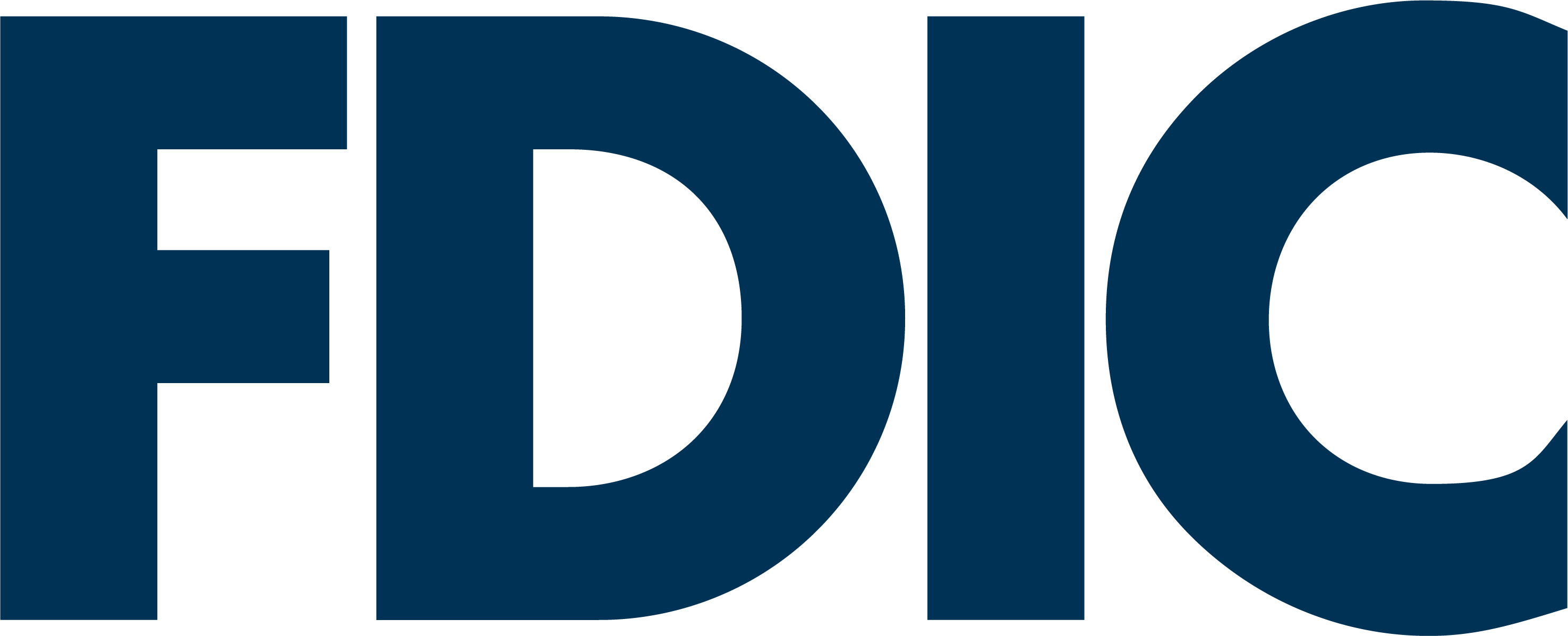
LIBOR Transition
The London Interbank Offered Rate (LIBOR) index used to determine the interest rate for many loans will no longer be available after June 30, 2023. As a result, the financial industry is preparing to transition away from LIBOR. United Community Bank is committed to guiding our customers through the transition process. Key takeaways and answers to frequently asked questions about the transition and how it may impact your United Community Bank loan can be found below.
Key Takeaways
-
United Community Bank has stopped making new loans using LIBOR. Instead, new floating or adjustable rate loans are based on SOFR, Prime, or other available indices.
-
Loans that have a LIBOR-based interest rate on June 30, 2023 will transition to a new index on that day or soon thereafter.
- United Community Bank will contact you with details about your loan prior to the transition. You don’t need to take any action.
Frequently Asked Questions about LIBOR
LIBOR stands for London Interbank Offered Rate. It is a benchmark interest rate that was meant to reflect interest rates major banks charge each other for short-term loans. Historically, LIBOR was used internationally as a benchmark or “reference rate” for setting rates on loans and other financial products. However, the Financial Conduct Authority (FCA), which regulates LIBOR, announced that representative LIBOR rates would no longer be available after June 2023. As a result, due to factors outside of our control, the financial industry is transitioning away from LIBOR, and all loans with interest rates based on LIBOR must transition to another index.
No, the transition is happening worldwide. All financial institutions with loans referencing LIBOR will be impacted.
All United Community customers that currently have loans based on LIBOR will be impacted by this change and contacted in advance of the transition. You don’t need to take any action.
The Federal Reserve Board and the New York Fed convened the Alternative Reference Rates Committee (“ARRC") to guide the industry's successful transition from LIBOR. In addition, the Federal Reserve has adopted regulations (the “Final Rule”) implementing the Adjustable Interest Rate (LIBOR) Act that was signed by President Biden on March 15, 2022 (the “Act”).
Based on the Final Rule and the Act, commercial loans will transition from LIBOR to CME Term SOFR, plus certain spread adjustments specified by Congress.
The Final Rule also sets out special rules for consumer loans, like adjustable rate mortgages and HELOCs. Consumer loans will transition from LIBOR to Refinitiv USD IBOR Consumer Cash Fallbacks (the “Consumer Replacement Index”), which is based on CME Term SOFR and is comparable to LIBOR. More information about the Consumer Replacement Index is available at Refinitiv’s website: refinitiv.com/usdiborconsumercashfallbacks.
Some loans may reference the ICE Swap Rate index (also sometimes referred to as the “swap rate,” “constant maturity swap rate,” or “ISDAFIX”). Because LIBOR is a component used to determine the swap rate index, that index will also no longer be available after June 30, 2023. Loans that reference the swap rate will transition to the USD SOFR Spread-Adjusted ICE Swap Rate index, which is calculated in accordance with the methodology suggested by ARRC.
SOFR stands for “Secured Overnight Financing Rate.” SOFR is a broad measure of the cost of borrowing cash overnight collateralized by Treasury securities. The index is based on transactions in the Treasury repurchase market, where banks and investors borrow (or loan) Treasuries overnight. For more information on how SOFR is calculated, please visit newyorkfed.org/markets/reference-rates/sofr. New index values are published each business day by the Federal Reserve Bank of New York.
Term SOFR is forward-looking measurement of SOFR rates published by CME Group
Benchmark Administration, Ltd. Please visit cmegroup.com/market-data/cme-group-benchmark-administration/term-sofr.html for more information about Term SOFR.
The interest rate for all adjustable rate loans (also called “floating” or “variable” rate loans) are subject to increases or decreases over time regardless of the index used to calculate the rate. The actual impact on your interest rate or payment cannot be determined until your next regularly-scheduled change date.
The transition from LIBOR will not affect your interest rate during any period when your loan contract provides for a fixed rate. Similarly, any maximum or minimum rates specified in your loan contract will not be affected.
- Last Updated June 5, 2023.















